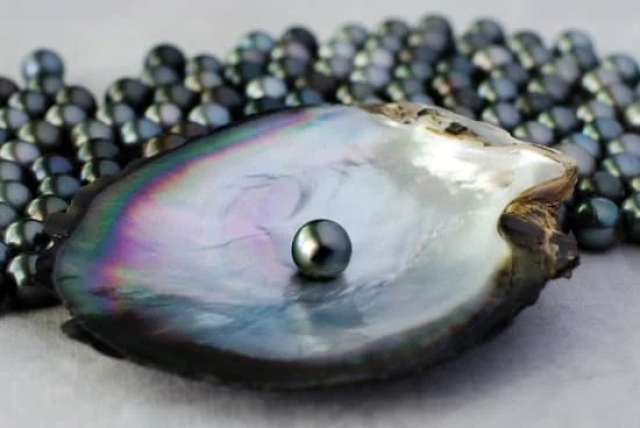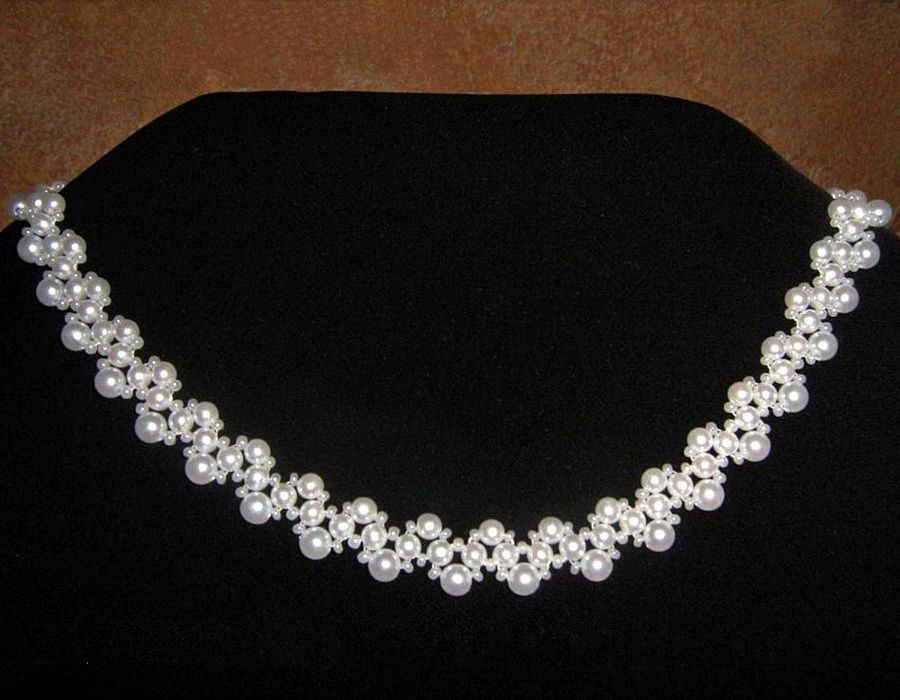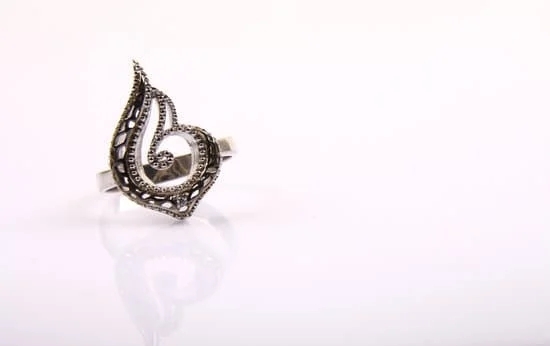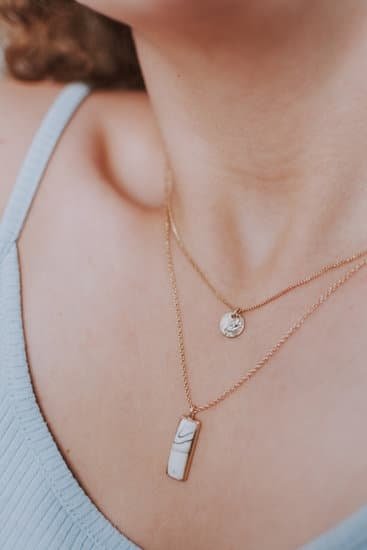Metal hole punches are one of the most versatile and widely-used tools in the jewelry industry. They can be used for a variety of tasks including punching tiny holes in chains, charms, and silvers for attaching jump rings. Pieces with intricate designs benefit greatly from these machines which can drill accurate and precise holes large enough to attach clasps, earring wires, or threads.
The size of metal hole punch you choose will depend on what you intend to use it for as different types are better suited for certain tasks than others are. For example, if you want to create a precise circular or oblong shape in thin sheet metal then a rotary tool is ideal; however, if you need to cut out intricate shapes with thinner gauge metal then you may need a hammer drill or piercing saw instead.
If your application involves cutting into thick steel plate then an air-powered hydraulic die would be the way to go.
When selecting jewelry tools metal hole punch there are several things to consider including its size and capacity. Paying attention to weight is important when handling these tools as heavier ones can cause fatigue due to prolonged use and lighter tools may make precision work difficult.
Other features such as adjustable depth stops, deburring functions, variable speeds and durable construction materials should be taken into account as well when shopping around for just the right combination of features that meets your needs.
Ensuring quality by buying products from established brands will also help ensure that your jewelry tools last longer while providing reliable performance over time. Visiting reviews online or talking to experts who have direct experience using specific types of punches will also give you more information about which one might best suit your needs before making any decisions.
What are Jewelry Tools Metal Hole Punches
Jewelry tools metal hole punches are tools used to punch holes through metal, allowing for a variety of different uses including jewelry making, jewelry repair, and other craft projects. The most commonly used kinds of hole punches are tapered hole punches and round hole punches. These are available in a wide variety of sizes and shapes, depending on the job they are being used for and the type of metal being punched.
Tapered hole punches are usually the best choice for jewelry makers as they create small, perfect holes that can easily be set with gemstones or used to attach jump rings and clasps to a piece of jewelry. Tapered punch sets typically consists of several sizes in increments ranging from tiny pinholes up to around 1/4 inch or 6mm in diameter.
This makes them a versatile tool for all sorts of tasks in jewelry making such as creating earrings, charms, pendants, etc. Round Hole Punches create slightly larger holes than tapered ones but have the benefit of not only being able to create custom sized holes without leaving marks on the metal edges but also provide an easier way to mark off exact measurements which is especially useful when needing to match several pieces together accurately.
No matter what kind of punch you choose it’s important to use these tools correctly by either using the appropriate lubrication oil or heat-treated punch rod (for harder metals). Heat treating hardens both the punch tip and side walls which prevents wear over time while reducing stress on your tool ensuring you get longer lasting results each time.
Jewelry makers may find purchasing pre-made kits featuring multiple sizes a great cost efficient way to expand their tool collection and increase productivity.
Benefits of Using a Jewelry Tools Metal Hole Punch
Using a jewelry tools metal hole punch allows for complete accuracy and precision when creating holes in metal. This is because the tools have a number of different settings that can easily be adjusted to enter into metals at the same point every time. This type of precise control helps to create even and consistent results each time its used. Additionally, jewelry tools metal hole punches are quite affordable so they can fit within almost any budget.
Another benefit that jewelry tools metal hole punches provide is speed. Not only do they allow for precision, but users can easily form several holes quickly compared to other methods like hand drilling or using a power drill which requires constant attention and time to ensure accuracy. With jewelry tools, users are able to punch several identical size holes at once in as little as one pass over the material making it much faster than any other method.
Finally, the pre-set settings on jewelry tools metal hole punches make it easier for all types of users from novice to experienced professionals alike allowing everyone to obtain accurate results with minimal effort. For those just starting out in metalworking, this can be incredibly beneficial as they won’t need to worry about obtaining perfect results since the tool will take care of that for them while still allowing them access to professional quality results.
Different Tool Types
Jewelry tools metal hole punches come in a variety of shapes, sizes, and versions. Manual jewelry hole punchers are the least expensive version and require the most amount of physical labor to use. Manual jewelry hole punchers typically have zero variable speed setting; the tool is merely used to strike an object for a single, fixed force.
In comparison, electrical hole punchers provide more finesse as they have variable speed settings that allow users to punch multiple times at different levels of force. Many electric models also offer adjustable thickness settings which can help to create precise holes quickly and efficiently.
Pneumatic jewelry tools metal hole punches then are the most powerful option among the three types. This type of puncher offers the highest level of pressure while providing more control than manual or electric models do.
The adjustable settings make them ideal for creating holes at any size with precision and accuracy; this is helpful for intricate designs or projects requiring intricate work with intricate details in their design. Pneumatic hole punchers can be more expensive but many opt for this version due to its ease-of-use and reliability when dealing with heavier gauges or sizing large materials.
Having a jewelry tools metal hole punch in your arsenal of tools would greatly simplify certain tasks, no matter which type you choose. Even though all three types offer reliable performanceand various features, it is important to consider project needs before deciding on which type will be best suited for your unique needs and budget requirements.
Manual punch presses generally cost less but take more energy from users while pneumatic punches are more efficient while being pricier than their manual counterpartsbut often worth their price. Alternatively, electrical versions are a decent compromise between cost and overall efficiency although there may be limitations depending on material being punched out.
Choosing the Right Size Hole Punch
When it comes to selecting the right size hole punch for a particular task, the importance of getting it right cannot be overstated. If you don’t have the correctly sized hole, then you’ll find yourself spending extra time struggling against metal that doesn’t want to cooperate. Actual experience is obviously best in the selection process but an initial guide can help with big decisions when deciding which hole punch to go with in each given situation.
The first step in determining what size hole punch you need is understanding how many different types of punches there are. Generally speaking, there are two main types-mechanical and hydraulic.
Mechanical punches create holes by hammering a driving pin into the metal and can typically range from 1/8” up to 2” in diameter. Hydraulic punches will use larger bits and generally produce much deeper holes than mechanical ones due to their greater force capabilities and ability to deliver multiple hits at once.
Once you understand the types of punches available, you will then need to take specific measurements of your project material such as thickness and length. This will help determine the type of punch needed (i.e., mechanical or hydraulic) as well as what size bit is best suited for your purpose.
After that, it’s simply a matter of finding a tool capable of creating that size hole out of your material. Finally, if precision measurements are required or desired on small projects then purchasing an adjustable hand tool may be a better solution than relying solely on a power driven device due to its finer degree of control and accuracy potential.
Regardless of what kind of jewelry tools metal hole punch you end up going with, always make sure you do your homework before making your purchase decision. However carefully select one that fits your needs comfortably should come with no surprises at all instead just an enjoyable creative experience decorating whatever item has come through your workshop doors.
Safety Tips when Using Hole Punches
When using any type of hole punches, safety should always be the number one priority. Knowing the proper safety protocols and taking all necessary precautions can greatly reduce the risk of an accident while working with these types of tools.
One rule to never forget is to always keep your hands away from the punch head during use. At the very least, you should ensure that gloves are worn when using a hole punch, especially if you’re working with metals or large materials that require a lot of force to punch. Be sure to pay attention as to what direction and where exactly on the workpiece you are punching; mistakes while using a hole punch may cause unnecessary damage.
Additionally, some metalworking machines that involve hole punches may also have specific instructions for their use. Be sure to read through all documentation related to any machinery before starting any project.
Proper tool selection also plays an important role in keeping yourself safe; never attempt to use a tool for something its not designed for. Having appropriate eye protection is highly recommended when using hole punches, as objects can often fly off at unexpected rates, particularly when working with softer metals such as aluminum or brass.
In conclusion, following proper safety protocols and taking reasonable safety precautions can help protect you against potential risks associated with hole punches and other metalworking tools. Having adequate knowledge about how these tools work, selecting the right ones for your project, and understanding which measures are needed can make using these tools both easier and safer in equal measure.
Maintenance Considerations
Hole punches are a common tool in the jewelry-making process, allowing metal to be cut through cleanly and precisely. While these tools may only have one main function, it is important that they receive regular maintenance to ensure they remain effective and safe. Even though the mechanics of hole punches are quite simple, there are several considerations to keep in mind when caring for them.
Lubrication is at the top of the list when it comes to proper hole punch maintenance. A small amount of lubricant applied around the chisel and shank prior to use will vastly improve performance and reduce wear on the tool itself.
It is important not over-lube, however, as this can cause more damage than good, clogging up holes or increasing friction around already tight tolerances. Additionally, any excess should be wiped away with a cloth because leaving it on could attract dirt or other debris which can harm the tool’s capability.
When dealing with different types of punchers, different kinds of maintenance may need to be put into place as well. Plier styles require their cutting back motion checked and parts replaced regularly while ratcheting hole punches may need frequent oiling or adjustment of its internal components for smooth operation.
Regular cleaning is also essential for all designs – both inside via compressed air and outside using appropriate cleansers – so avoid dirt buildup which can prevent accurate punching or even damages parts down the line.
Finally, maintaining sharpening of your punches should not be overlooked either – dull cutting edges can result in decrease performance while potentially damaging material being worked on instead of making a clean cut – leading to potential safety issues like burred sharp edges or snagging your clothing during use.
Rotating your sets of punches between holders will keep them properly sharpened as all bits won’t get worn down evenly if let idle too long between uses; so keep an eye on dullness levels across different holes with some kind of frequency.
With these considerations taken into account regular care on your part will help you get years worth of use out of high-quality hole punchers.
Conclusion
Jewelry tools metal hole punches are a useful tool for any jeweler, whether they’re working on small designs or large pieces. These tools can be used to create small and precise holes in metals of various kinds, allowing for intricate designs and pieces o that would otherwise take more time and effort to achieve.
Jewelers can also use metal hole punches to ensure breakage in a range of different materials, making them the perfect tool for any jewelry-making projects.
The metal hole punches come in both manual and electric versions, allowing jewelers to choose the type that best matches their skill level and budget. The manual punch can be operated manually with one hand, reducing strain on the muscles while still delivering powerful results.
On the other hand, the electric punch is incredibly efficient – and usually requires a minimum amount of time when operating it. Whether using a manual or an electric punch ,jewelers can rest assured that each finished product will look perfectly primped and polished.
In conclusion, jewelry tools metal hole punches provide an invaluable service to any aspiring jeweler looking to work intricate patterns into metallic surfaces with ease. Through careful selection of which size of punch needed for a project, as well as choosing between the manual and electronic versions available on the market, there are plenty of options when it comes to finding the right tool for your projects.
If you think this versatile tool could save you time on your next piece or greatly upgrade your overall skillset, then investing in quality jewelry tools is something that should be seriously considered.

Welcome to my jewelry blog! My name is Sarah and I am the owner of this blog.
I love making jewelry and sharing my creations with others.
So whether you’re someone who loves wearing jewelry yourself or simply enjoys learning about it, be sure to check out my blog for insightful posts on everything related to this exciting topic!





